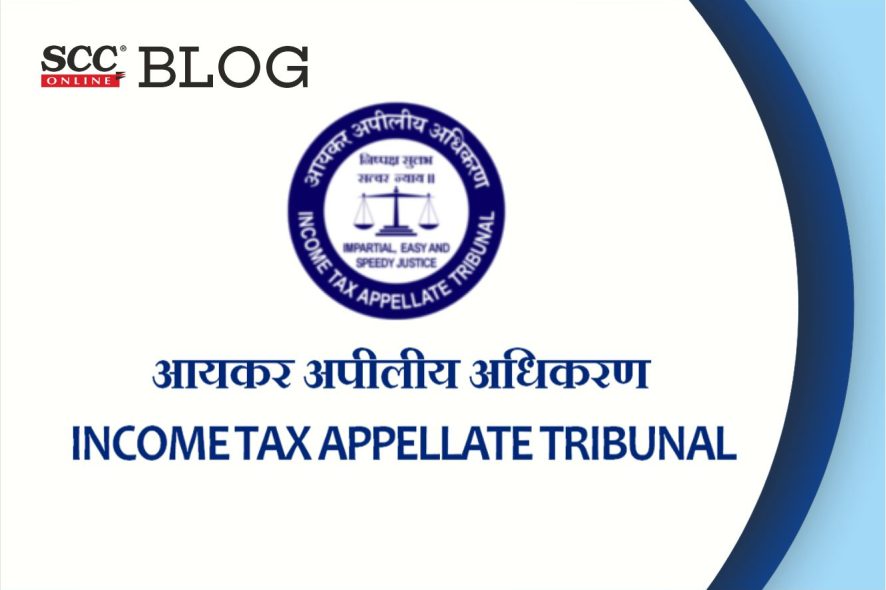Income Tax Appellate Tribunal (ITAT), Jaipur: While deciding the instant appeal revolving around the addition of the assessee’s generational streedhan as unexplained investment for the purposes of income assessment, the Bench of Sandeep Gosain (Judicial Member) and Rathod Kamlesh Jayantbhai (Accountant Member), held that the AO ignored and failed to verify the factual position in the instant matter whereby which it was clear that the assessee lives with his parents and belongs to the high-status Rajput family where it is traditional to have jewellaries received from mother and wife in the form of streedhan. The Tribunal, keeping in mind the high status, family tradition, deduction on account of purity and the deduction towards streedhan, held that the excess jewellary found during search was nominal and the addition sustained by the CIT(A) deserves to be deleted on the grounds raised by the assessee.
Facts and Contentions: Pertaining to the Assessment Year 2018-19, the assessee, an architect by profession, was treated as a member of Kiran Fine Jewellars Group, in a search action under Section 132 of Income Tax Act. During the search, total jewellary comprising of gold jewellary studded with precious and semi-precious stones weighing 1921.800 gms valued at Rs.47,97,013, valuing Rs.6,47,773 and silver jewellary valued at Rs.2,02,628 was found. During the course of assessment proceedings, the AO allowed the benefit in respect of gold jewellary worth 1300 gms in terms of CBDT Instruction No. 1916 dated 11-05-1994 and made the addition of Rs.24,03,035 was made on account of jewellary found during the search and was treated as an unexplained investment.
The assessee however kept maintaining his stand that he was only related with the Group in professional capacity. The CIT(A) partly allowed the assessee’s appeal and restricted the addition to Rs.17,55,262.
The counsel of the assessee contended that the jewellary found during the search belonged to his ancestral family and was received on the occasion of his marriage, marriage of his parents, at the time of birth of his son and other family functions/occasions. It was further submitted that assessee belongs to Rajput Community of Rajasthan and as per customs of the Community, some of the Gold/Silver Jewellary/articles are passed on to the subsequent generations and some of the jewellary was received on various festivals/ auspicious occasions and ceremonies, which is a part of streedhan and deserves to be treated as explained.
Observations: The Tribunal perused the facts and contentions presented in the matter and observed that the intent behind CBDT Instruction No. 1916 dated 11-05-1994 (relating to seizure of jewellary during search) “is to stick to the jewellary limits mentioned in the Circular. There was no point in inserting the provision in clause (iii) which grants discretionary power to the Income Tax Authorities to decide as to what can be a reasonable quantity of jewellary held by an assessee in view of community practices and social status”.
Therefore, considering the totality of facts and circumstances of the instant case, the Tribunal noted that the AO ignored the social status and community practices of the assessee, who belongs to the Rajput Community. The Tribunal decided to delete the addition of streedhan keeping in mind the afore-stated grounds
[Gyanendra Singh Shekhawat v. ACIT, ITA No. 49/JP/2022, decided on 27-07-2022]
Appearances-
Assessee by: Manish Agarwal, CA
Revenue by: Sanajy Dhariwal, CIT
*Sucheta Sarkar, Editorial Assistant has prepared this brief.






